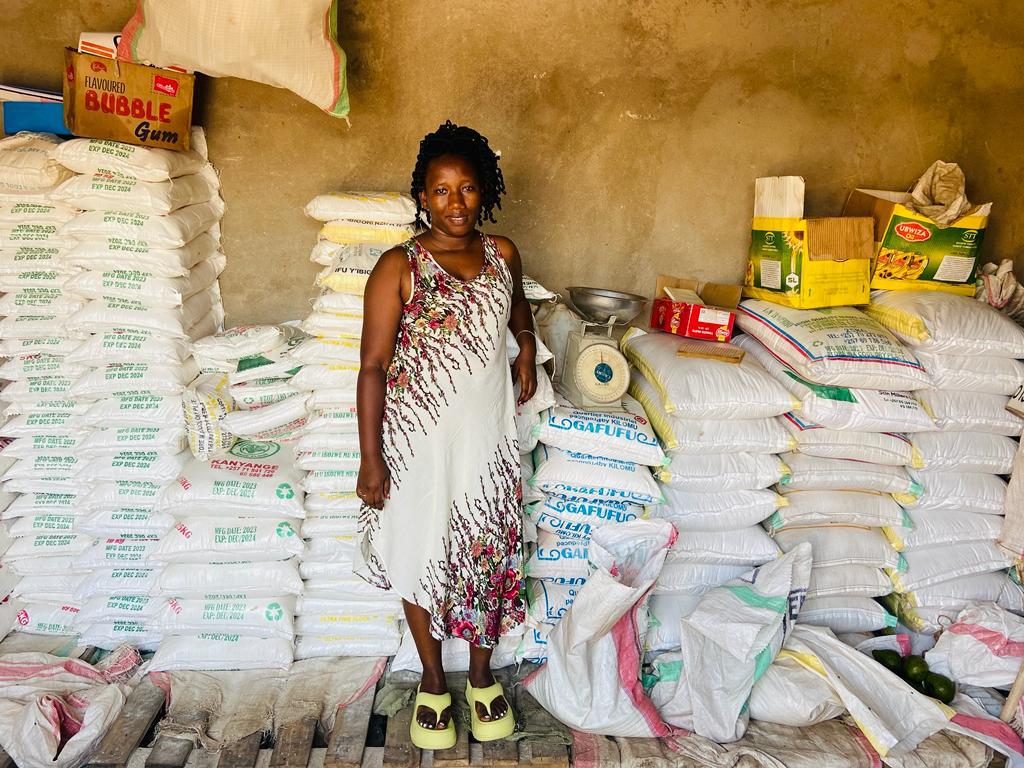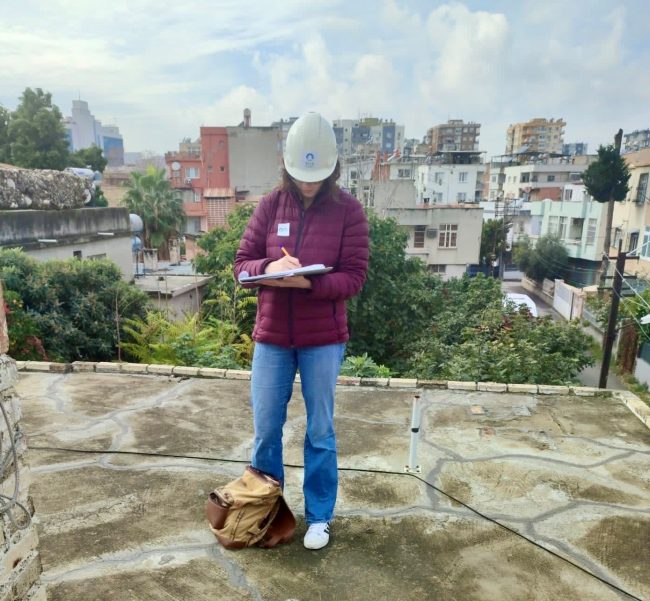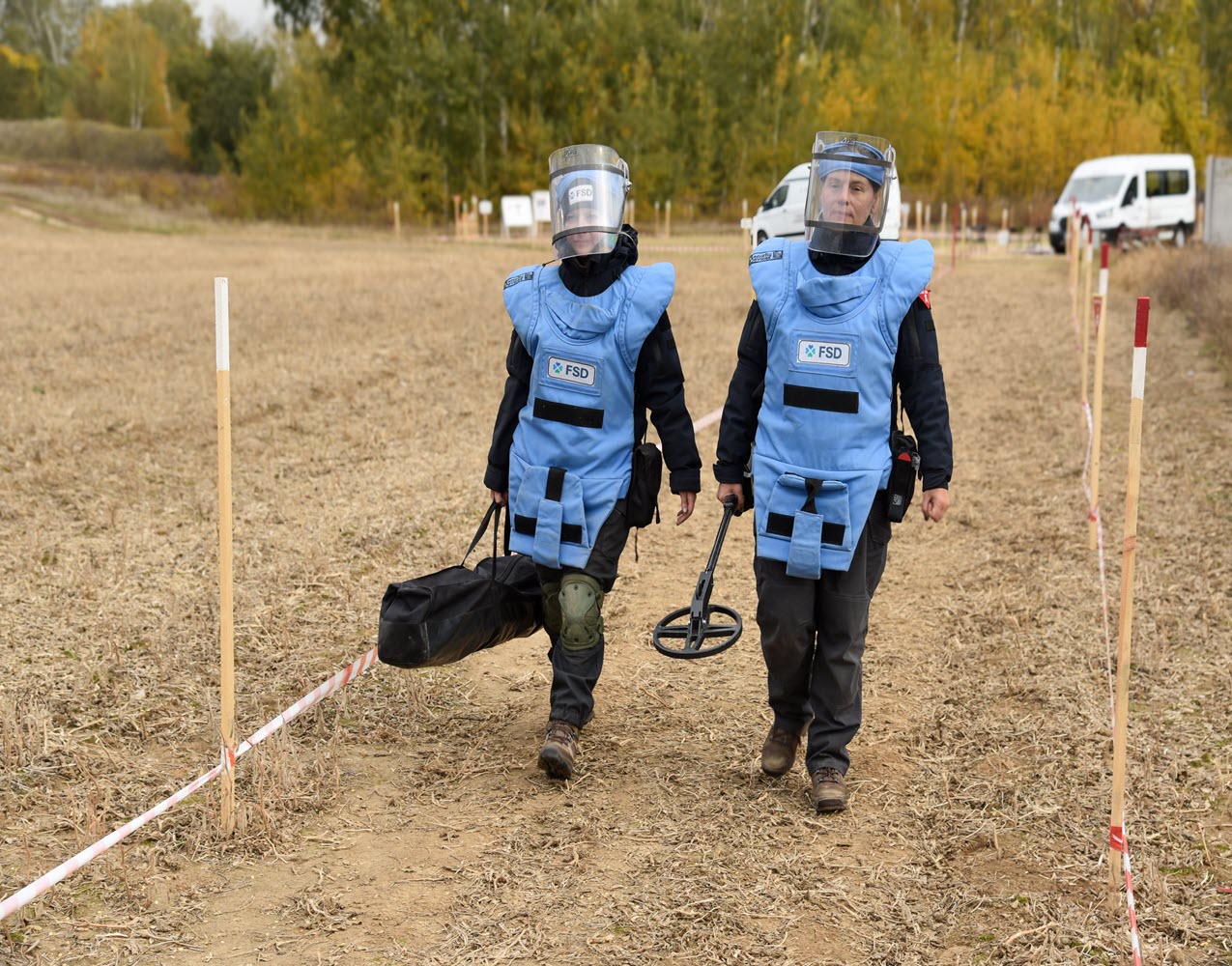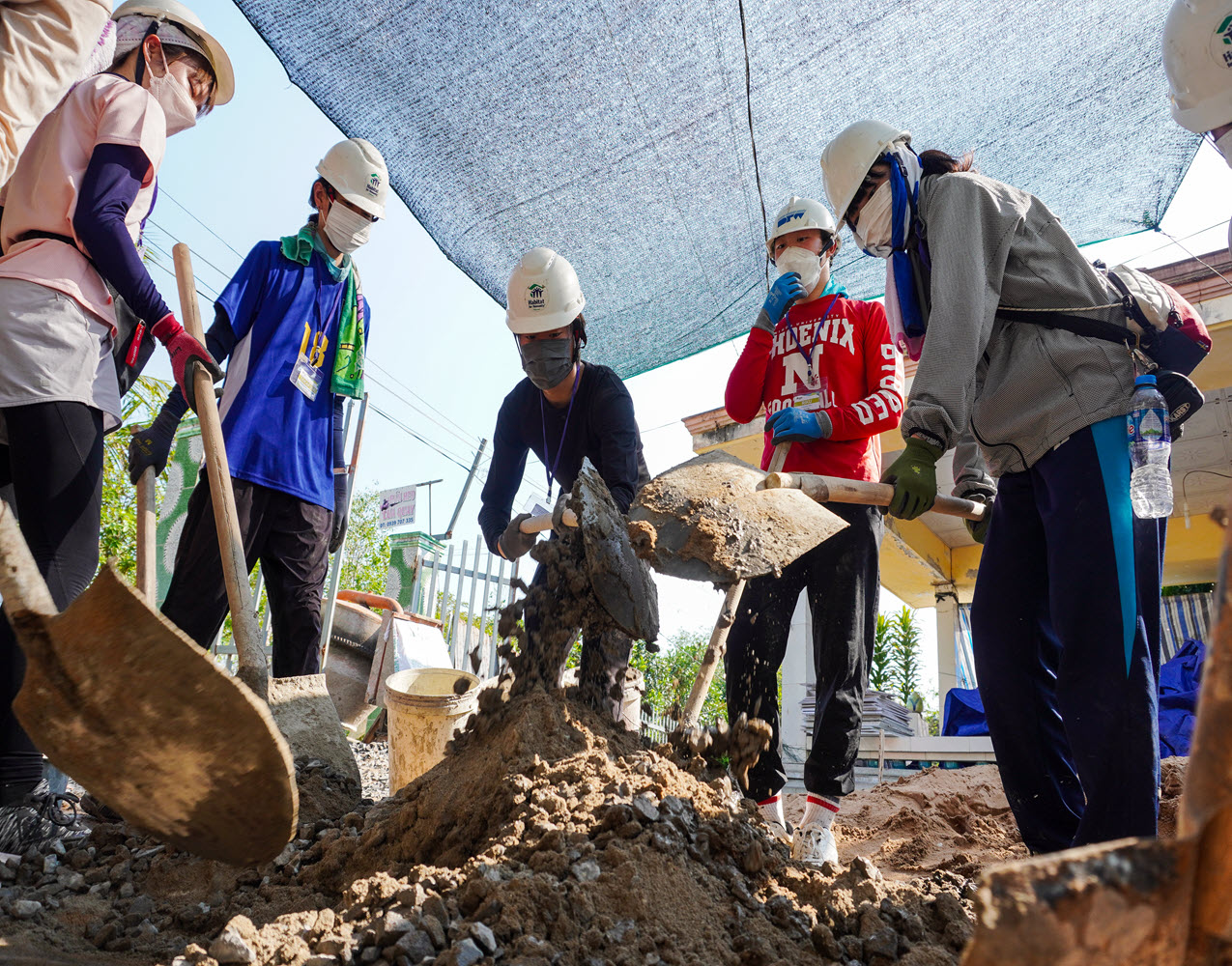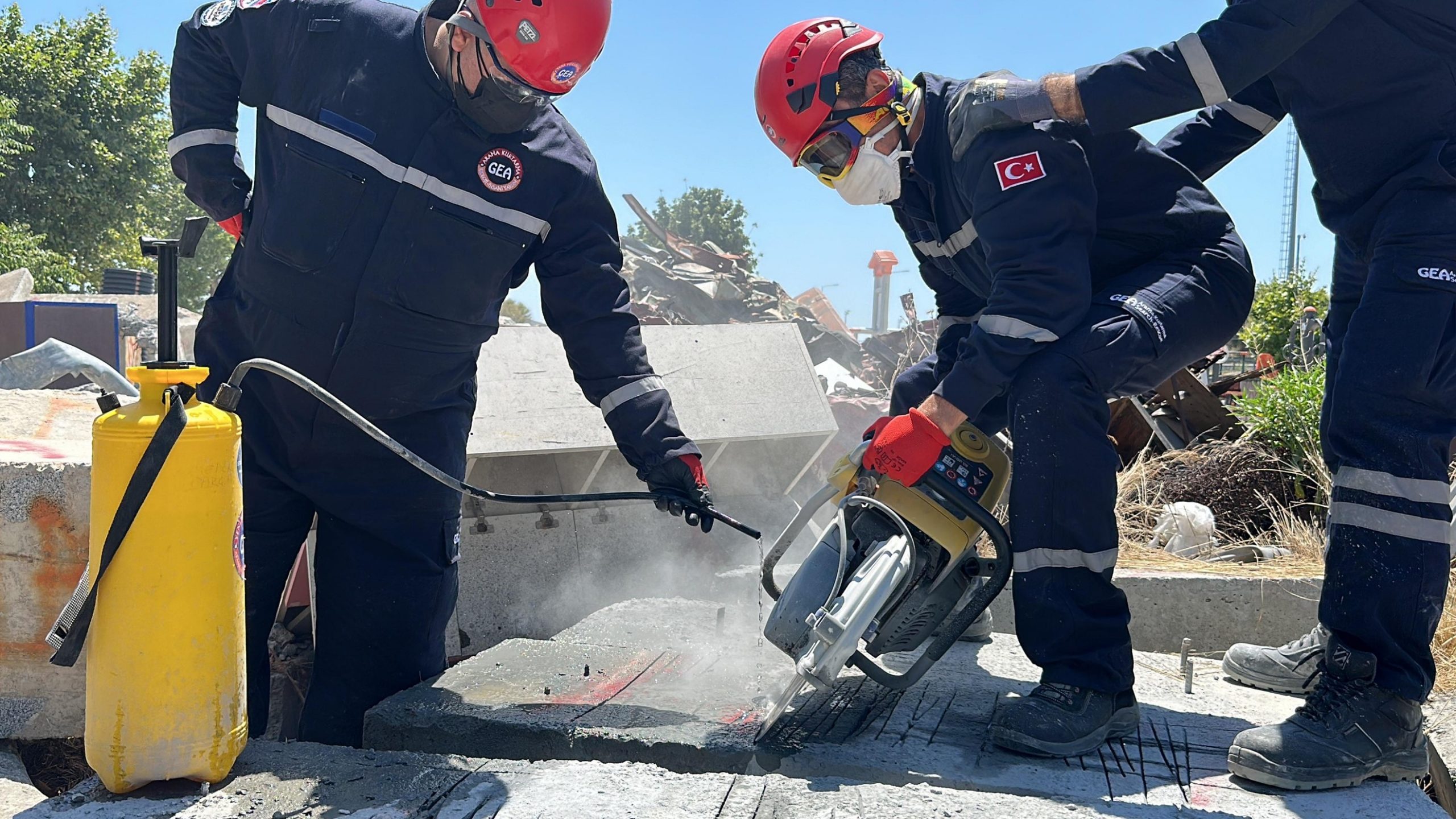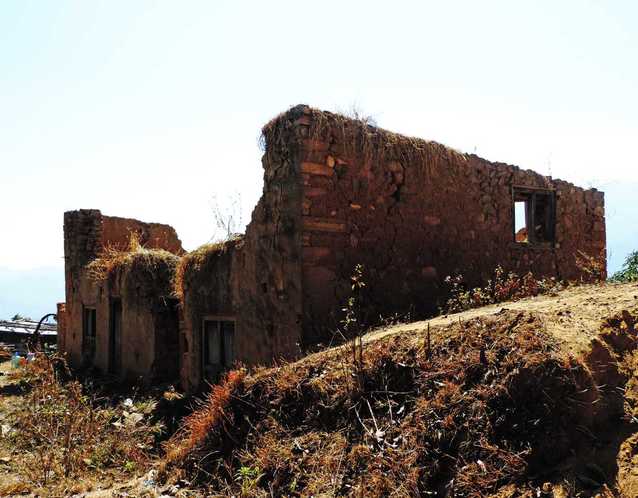
Rural communities in Nepal still face major social and economic challenges as a consequence of the 2015 earthquakes. Whilst national reconstruction efforts are underway, the scale of the disaster, combined with serious socio-economic inequality, means that many of Nepal’s remoter communities fail to benefit from reconstruction initiatives.
Loss of life and widespread destruction of houses, crops and irrigation schemes have left many rural families destitute, with very limited means of generating an income. As a result, these households are at high risk of food insecurity, ill health, human trafficking and other forms of violence – especially against women.
Working across four districts of Nepal – Dhading, Kavrepalanchok, Nuwakot and Sindhupalchowk – this project has two phases. The first focuses on improved access to essential services and facililties, and restoring capacity for income generating activities. The second will reduce the vulnerability of women to trafficking and gender-based violence.
To address the chronic need for safe drinking water, the project will establish and train local people to form ten Water and Sanititation committees to manage local water and hygiene issues. These committees will inform the local community, support the construction of 20 community toilet blocks, and install 20 water storage and filtration systems.
Pragya will support the repair of 20 shared livelihood assets, including irrigation equipment and crop storage facilities, and provide 200 rapid income generation packages (such as greenhouses for growing vegetables, or poultry for egg production) to restore income to local households. The program will also establish 40 small fodder farms, nurseries or fish ponds.
Where agriculture is no longer viable, Praga will provide 20 alternative-livelihood training sessions on topics including handicrafts and beekeeping. This will help to provide a long-term and sustainable solution that will reduce economic dependence on a single sector.
Second, to address the exceptionally high risk of trafficking and other forms of gender-based violence in earthquake-affected communities, Pragya will implement a peer support network for women. This will include training local women to act as counsellors, promoting rights awareness, and delivering lifeskills and adult literacy courses.
Pragya estimates that 200 low income households will directly benefit from the first phase of the project, while an additional 1,000 women will benefit from phase two.
Pragya works for the sustainable development of remote communities living in challenging, fragile environments, including the Himalayan regions of India and Nepal. It aims to address five critical, interlinked issues: livelihoods, education, health, water and food security, and resilience to natural disasters.
Pragya has worked in the Himalayas since 2000, allowing it to develop collaborative relationships with communities, and an in-depth understanding of the region’s development challenges. Pragya also conducts research and adocacy on broader issues affecting the communities it supports, including environmental change, natural resource management and rural livelihoods.
Pragya’s community-centric approach, innovative project design and track record of delivering positive impact has been recognized by multiple awards, including the Whitley Award for Nature Conservation (2000), the Energy Globe Award (2005) and a STARS Impact Award (2010).
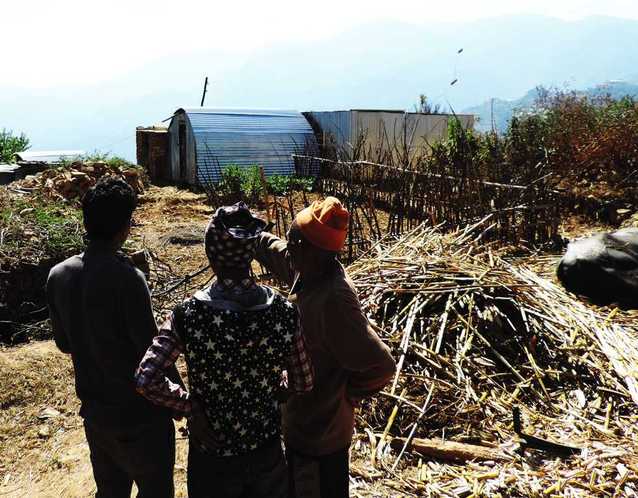
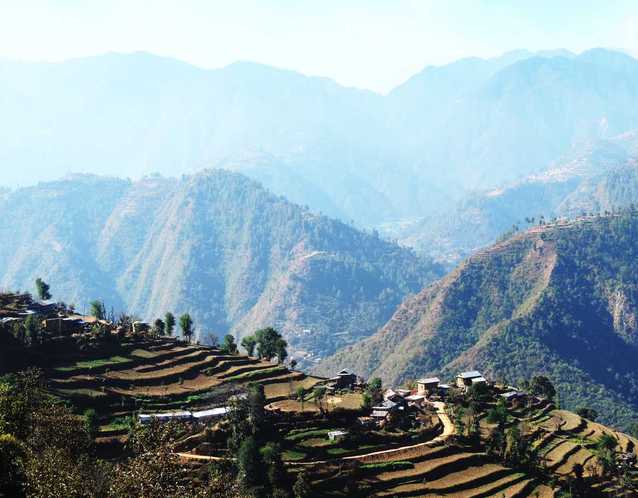
OVER 20 YEARS OF INVESTMENT IN DISASTER MANAGEMENT INITIATIVES
Countries where we have supported our partners’ work in response to a growing range of threats to life and livelihood
Million USD invested since 2001 to help communities better prepare for – and recover from – natural and man-made disasters
Projects addressing a broad range of challenges, including mine-clearance, emergency shelter, resilient housing solutions and capacity building


